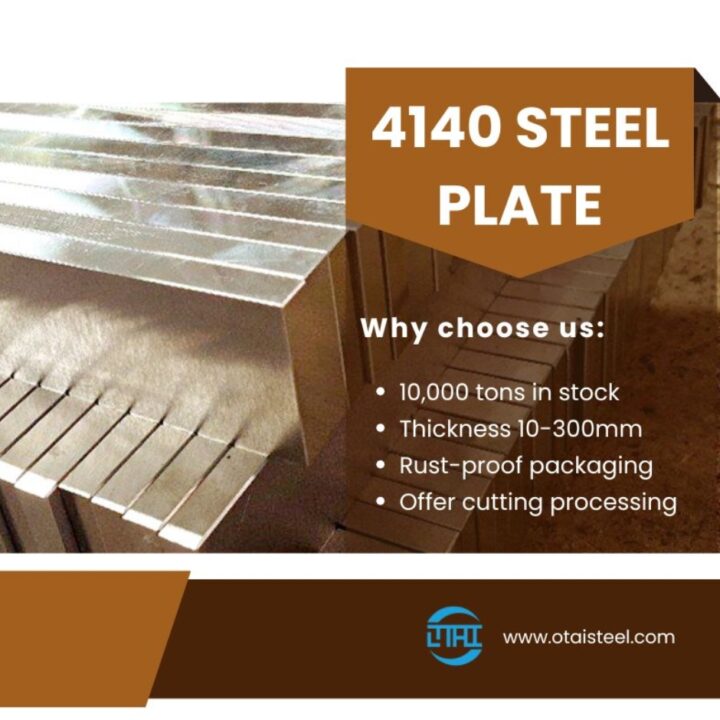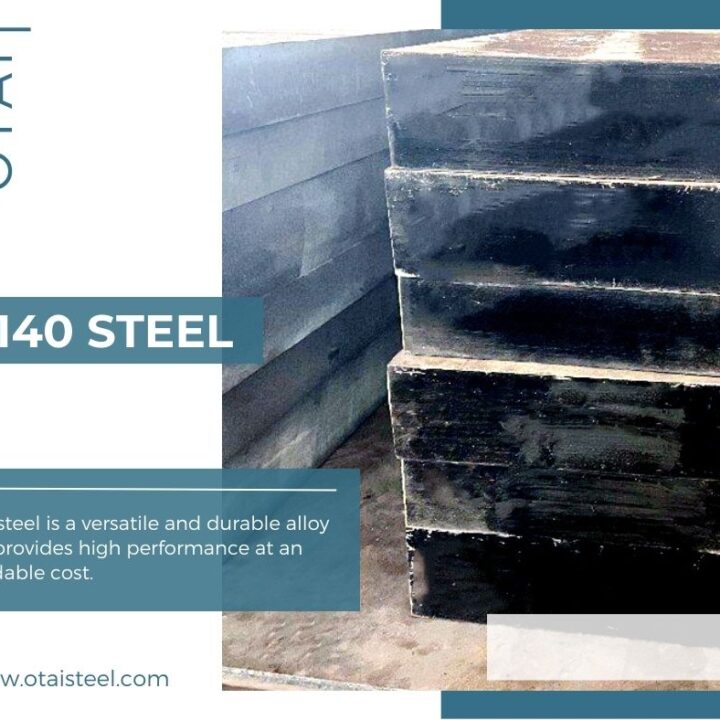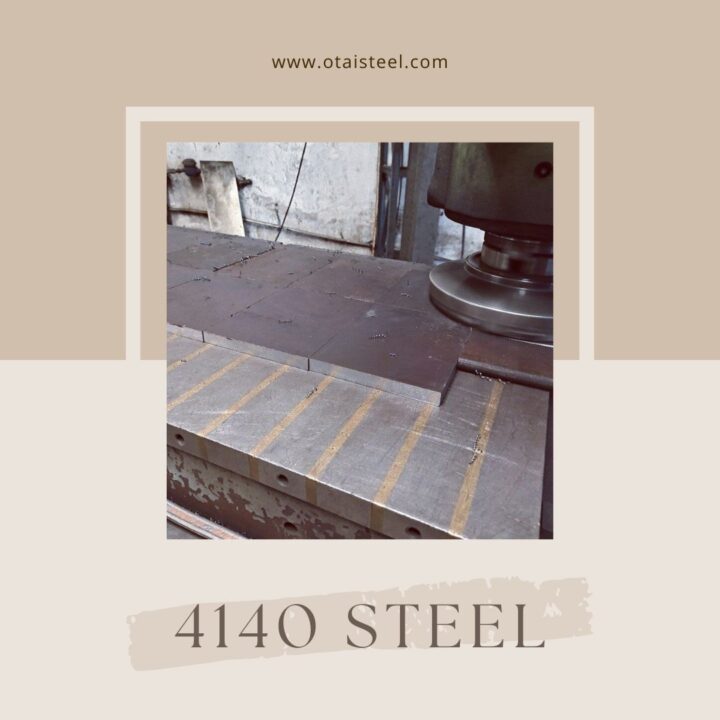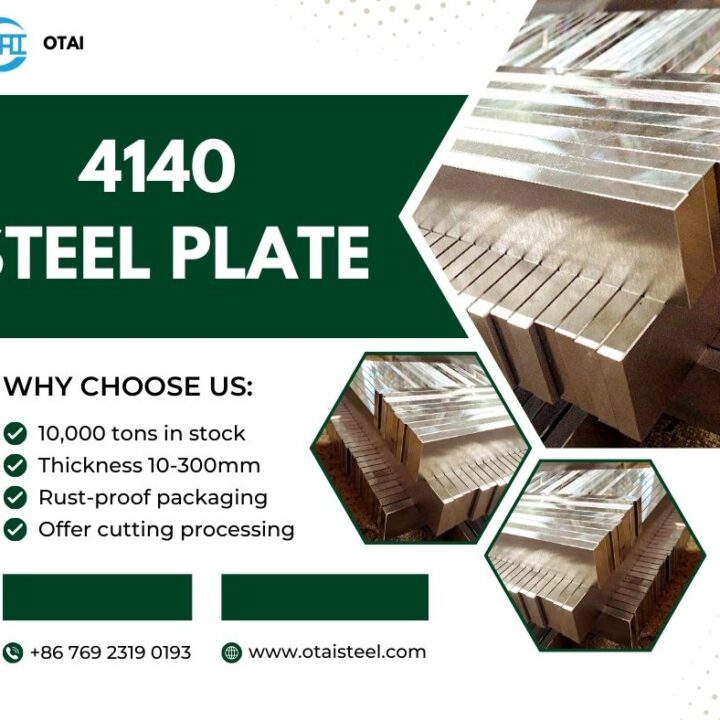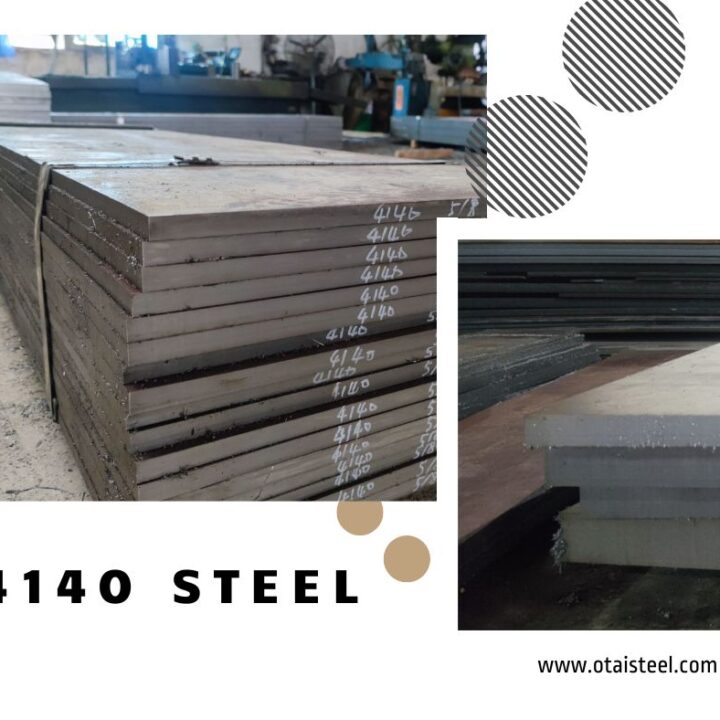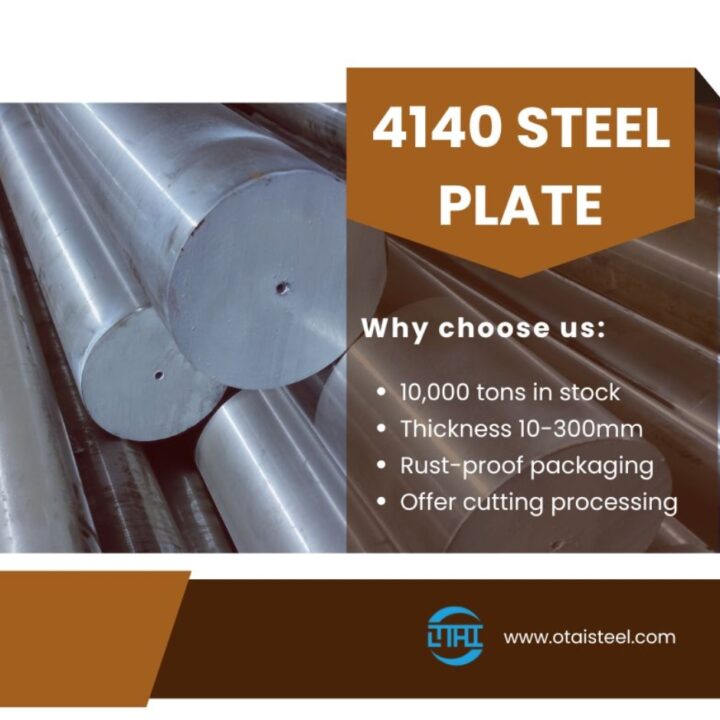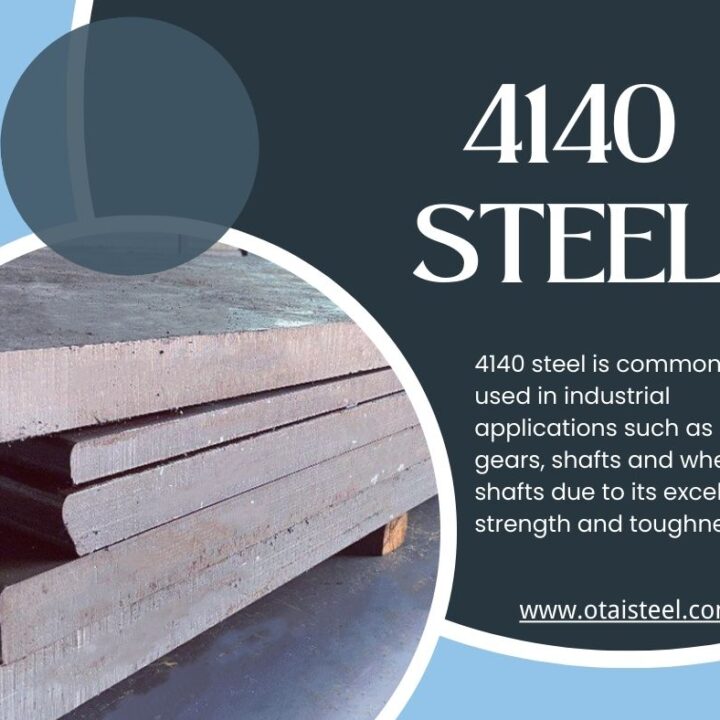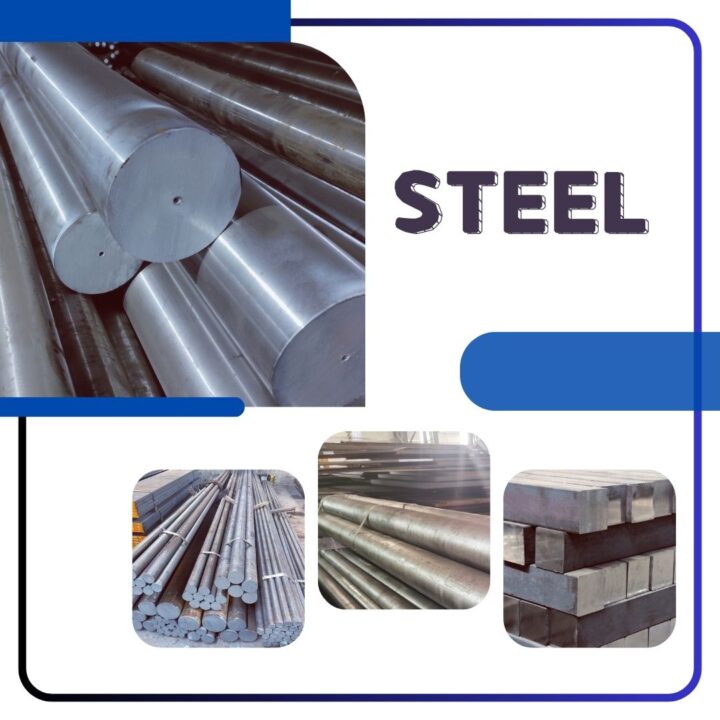4140 steel is a versatile alloy that belongs to the class of low-alloy steels known as chromoly steels. It is composed of several key elements, including chromium, molybdenum, manganese, carbon, and iron. These elements contribute to the steel’s outstanding mechanical properties, making it an ideal material for tool production. (4140 steel in machining processes)
Strength and Durability of 4140 Steel
One of the primary reasons for the widespread use of 4140 steel in tool manufacturing is its exceptional strength and durability. The combination of chromium and molybdenum enhances the steel’s hardness and toughness, allowing tools made from 4140 steel to withstand heavy loads, high temperatures, and intense wear. This remarkable strength and durability result in extended tool life and reduced downtime in metalworking operations.
Heat Treatment and Hardenability
Another crucial aspect of 4140 steel is its excellent heat treatment capabilities and hardenability. Heat treatment processes such as quenching and tempering can be applied to modify the steel’s microstructure and enhance its hardness and strength. This property enables manufacturers to achieve desired hardness levels, ensuring the tools can withstand the demanding conditions of metalworking and machining processes.
Wear Resistance and Toughness
4140 steel exhibits remarkable wear resistance and toughness, making it an ideal choice for tool production. The presence of molybdenum contributes to its wear-resistant properties, enabling the tools to maintain their cutting edges and resist deformation even under heavy loads and high temperatures. Additionally, the steel’s toughness ensures that the tools can absorb shocks and impacts without fracturing, further enhancing their reliability and longevity.
Machinability and Dimensional Stability
In addition to its mechanical properties, 4140 steel also offers excellent machinability and dimensional stability. Machinability refers to the ease with which a material can be machined into the desired shape. 4140 steel’s machinability allows for efficient production of complex tool geometries, reducing manufacturing costs and improving productivity. Moreover, its dimensional stability ensures that the tools maintain their shape and dimensions during prolonged usage, resulting in consistent performance and precision.
Applications of 4140 Steel in Tool Production and machining processes
The versatility and exceptional properties of 4140 steel make it well-suited for various applications in tool production. Some common tools manufactured using 4140 steel include:
- Drill Bits and Cutting Tools
4140 steel is extensively used in the production of drill bits, taps, reamers, and other cutting tools. The steel’s hardness and wear resistance enable these tools to efficiently cut through various metals, providing high precision and prolonged tool life.
- Dies and Molds
In die and mold manufacturing, 4140 steel is favored for its excellent dimensional stability and machinability. It allows for the production of intricate shapes and ensures that the tools can withstand the high pressures and temperatures involved in the molding and casting processes.
- Tool Holders and Fixtures
Tool holders and fixtures play a crucial role in securing the tools during metalworking operations. 4140 steel’s strength and durability make it an ideal material for producing tool holders and fixtures that can withstand the forces exerted during machining processes.
- Gear Manufacturing
Gears used in various industrial applications require high strength, wear resistance, and dimensional accuracy. 4140 steel possesses all these qualities, making it an excellent choice for gear manufacturing, especially in demanding applications such as automotive and aerospace industries.
The widespread application of 4140 steel in tool production is a testament to its outstanding properties. And the benefits it offers to industries that rely on precise and efficient metalworking operations.
